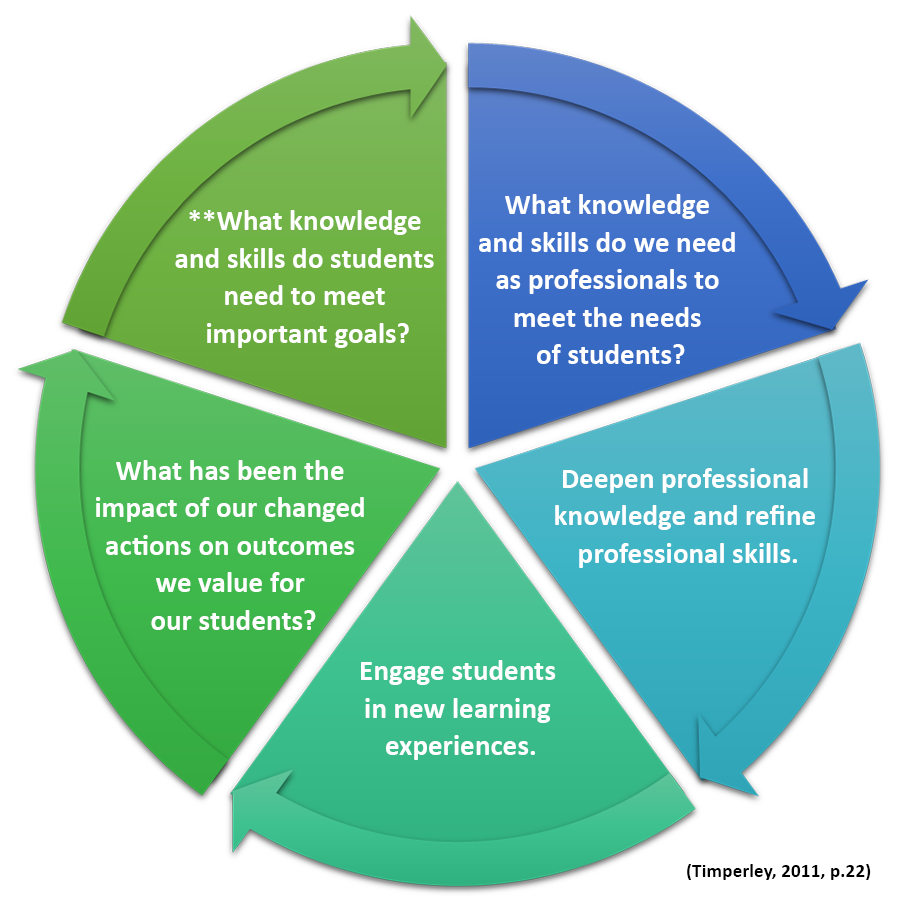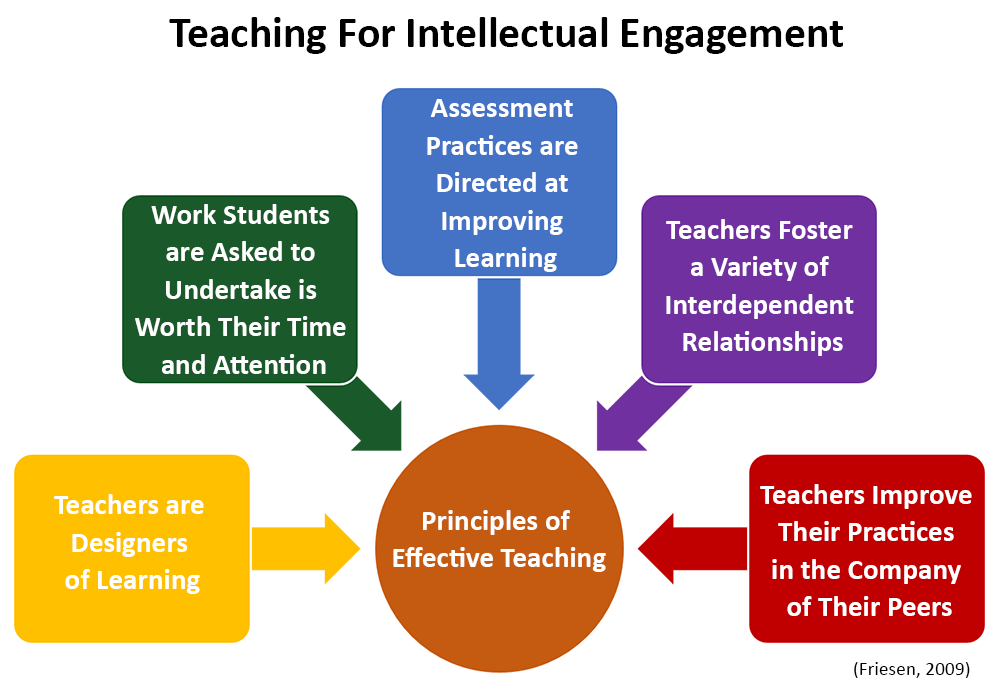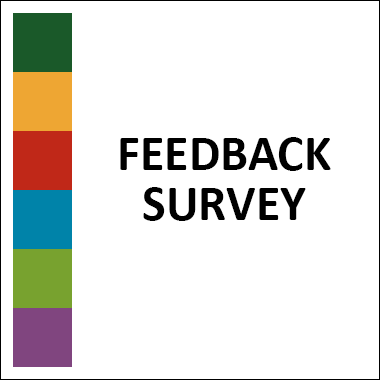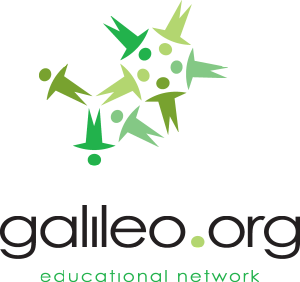An important part of developing an inquiry stance to teaching practice involves having solid knowledge of practice, knowledge in practice and knowledge for practice. With this awareness, teachers within an inquiry frame of mind are able to take more control of their learning. Developing an inquiry habit of mind is essentially, the habit of needing to know and valuing deep learning .
Being a professional involves not simply “knowing the answers” but also having the skills and will to work with others in evaluating their own performances and searching for new answers when needed, both at the classroom level and the school level. Helping teachers learn to work in teams where they learn from one another is therefore extremely important .
This must be done in an environment of respectful challenge. Teachers cannot readily engage in cycles of inquiry and knowledge building when they feel criticized or put down for not being good enough. Focusing on what makes a difference is important in establishing a non-blame orientation to teaching and learning .
Learning can no longer be understood as a one-way exchange where “we teach, they learn.” It is a process that requires teachers to help students learn with understanding, and not simply acquire disconnected sets of facts and skills. Effective teaching practices also recognize how important strong relationships are in educating students, building social cohesion and producing minds that thirst for knowledge for a lifetime . Similarly, teacher education should lay a foundation for lifelong learning – and it must be something more than a cliché . Teachers themselves need to engage in sustained inquiry into their practice in order to support students’ inquiry in the classroom .
The cycle of inquiry begins and ends with the knowledge and skills students need:

Additionally, professional learning should start with teachers asking themselves direct and focused questions about what students need to know and do:
- What knowledge and skills do our students need to meet curricula, personal and social goals?
- What do they already know?
- What sources of evidence have we used and how adequate are they?
- What do they need to learn and do?
- How do we build on what they know?
Answering these questions requires focused assessment. Leaders and teachers need to know how to gather detailed diagnostic information about the knowledge and skills of individuals and groups of students to determine what is limiting their engagement and learning – and what is getting in the way of their learning.
Principles of effective teaching practice:

- Teachers are designers of learning: Learning opportunities must be thoughtfully and intentionally designed to engage students both academically and intellectually. While academic engagement draws our attention to on-task behaviours that signal a serious engagement in class work, intellectual engagement refers to an absorbing, creatively energizing focus requiring contemplation, interpretation, understanding, meaning-making and critique. Learning that invites students to engage intellectually results in more of a personal commitment on the part of learners to explore and investigate ideas, issues, problems or questions for a sustained period of time.
When designing learning for academic and intellectual engagement…
- Start with students’ prior knowledge.
- Organize and use knowledge conceptually
- And build assessment into the fabric of the study.
These principles, along with the need to make meaningful connections to the students’ lives and the world, require teachers to enter a cycle of defining, creating, assessing and redesigning that is essential in creating effective learning environments. Teachers speak and consult with colleagues throughout this process. Students, then, are better equipped to inquire into questions, issues and problems; build knowledge; and develop deep understanding.
- Work students are asked to undertake are worth their time and attention: To develop competence in an area of inquiry or study, students must have a deep foundation of factual knowledge. They must understand facts and ideas in the context of a conceptual framework and organize knowledge in ways that allow for its retrieval and application. These conditions can be achieved through work that is designed for and with students, and is relevant and connected to the outside world.
- Assessment practices improve student learning and guide teaching: Assessment should make up a large part of the school day as a seamless part of the learning process:
- Assessment is embedded in the design of the teaching and learning
- Students know the learning goals
- They recognize the standards they’re aiming for.
- They’re involved in self-assessment
- The feedback provided enables students to take their next steps
- Teachers hold the belief every student can improve; and
- Assessment involves both teacher and pupils reviewing and reflecting on the assessment data. Wiliam et al. also stress the importance of teachers deliberately and directly teaching the habits and skills of collaboration in peer-assessment, which supports self-assessment by helping pupils see their own work more objectively, through the eyes of their peers. In order for students to guide their own work and to become more self-regulated learners, they need to be encouraged to keep the aims of their work in mind and to examine their progress towards meeting these aims through the lens of the assessment framework that they have collaboratively designed.
- Teachers foster a variety of interdependent relationships: Effective learning environments are characterized by interdependent relationships that promote and create a strong culture of learning. These relationships take place between teachers and students, amongst students, and between students and the broader community.
- Teachers improve their practice in the company of their peers. For too long, teachers have worked in isolation with only brief interludes to discuss professional learning. Research is clear, however, that learning improves when teacher learning happens in the classroom, teacher leadership receives consistent support and teachers have opportunities to learn from one another. Using networked communities of inquiry, educators can work collaboratively to investigate ideas and engage in pedagogical conversations about their own work and practice. In this environment, there are frequent professional conversations through network / school based communities of inquiry, access to other’s classrooms, and collaborative planning. These are all effective professional learning practices well supported by research .


